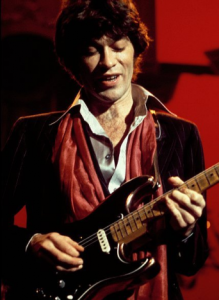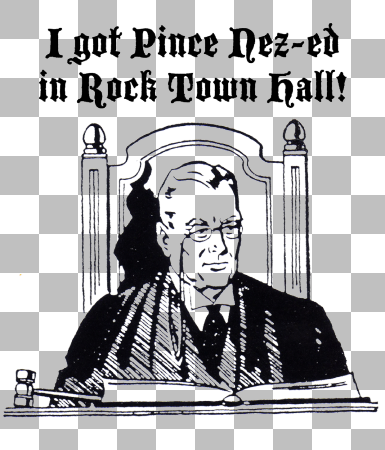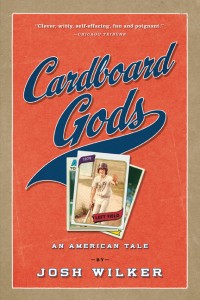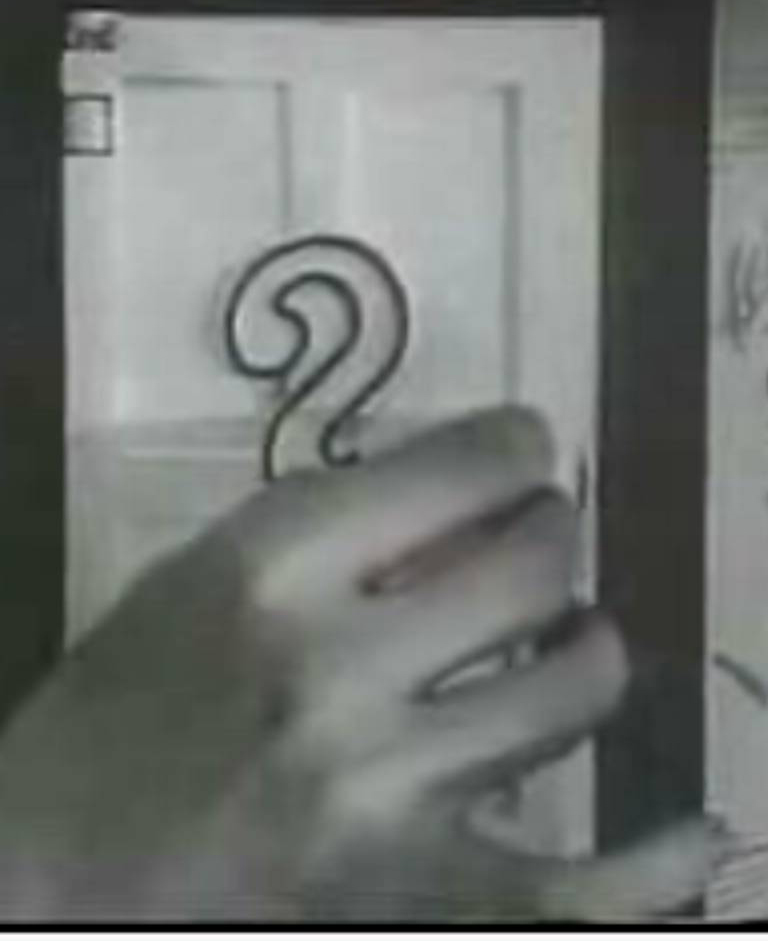Dear Robbie,
First of all, Happy Birthday! I was planning to write you today regardless, but when I logged onto my e-mail this morning there was a message from Wolfgang’s Vault saluting you on this, your 68th birthday. I wish I knew where to send you a card, but this open letter I’m posting here on Rock Town Hall will have to do.
As old friends and regulars to the Halls of Rock know, I’ve been fascinated by The Band since childhood, when my relatively hippie uncle gave me your second, self-titled lp and let me listen to your band’s other albums on the 8-track player in his bedroom. He would regale me with tales of having seen you guys in concert many times over, ranking your musicianship among that of his other favorite artists: James Brown, Traffic, and Joe Cocker’s Leon Russell–led band. My uncle’s dark, exotically scented room was a wizard’s den of learning and exploration. Your albums were sacred relics.
I’d spend so many years gazing at the photos in the gatefold sleeve of that self-titled album that I felt I knew my way around what I’d learn years later was Sammy Davis Jr.’s pool house. And your facial hair and clothes, in sepia tone no less! I couldn’t wait to grow up and sprout whiskers. What was cool, too, through the lense of my middle-class, Italian-American family, was that you sported all that cool facial hair while not overstepping the bounds of stylishly long hair. Most of you were capable of cleaning up and looking stylishly hip, unlike the incorrigible freaks of the Jefferson Airplane, for instance.
Most importantly, of course, was the music. The fact that you fit the Goatee Rock standards of an Italian-American household in the late-’60s was convenient, but the wavy hair nipping at your oversized shirt collars wouldn’t have meant a thing if your music didn’t have that swing. As I gazed as the credits for your second album one thing that was unavoidable was how much you, Robbie, contributed. You’re listed as playing just about every instrument under the sun! Your bandmates play multiple instruments, but only your credits require a paragraph’s worth of space! You were the man, Robbie. I learned this as a boy, before I caught the sports bug, and the lesson was driven home when I rediscovered your music through The Last Waltz, just at the moment when my dreams of a professional baseball career were evaporating.
Damn, you cleaned up as well as would be expected for that film! Levon and Rick looked good, too, but there was no doubt who was the Bandleader. Levon was the team MVP, but you still wore the C. After the second viewing of The Last Waltz when it came out in the theaters I started saving money for a Fender Strat. I couldn’t find a gold one, like what you played in the movie, but a year later I’d saved enough money to buy a blonde Strat with a black pickguard. It would have to do. My friends and I were starting a band, and I began writing songs with an eye toward claiming the captaincy. With every half-assed song I wrote I had one eye on the C. I was too lazy to properly learn how to play guitar let alone learn multiple instruments, but that didn’t stop me from trying to pick up as many credits as possible. Backing vocals and percussion? Check. Slide guitar? Got it! Overdubbed second bass part coming out of a solo? I’m ready, if you need me! Hold a note on the organ through a few measures? I’ve got a forefinger!
I was all over your career following The Last Waltz, Robbie. Shoot, I paid to see your directorial/acting debut in Carny. I remember it not being bad, despite not being able to remember a thing about the movie. I think I spent the entire film imagining you and my favorite director, Martin Scorsese, being connected at the hip in future years for a run of cinematic masterpieces that would incorporate not only your music but appearances by The Clash. Didn’t they make a cameo in some film you and Marty worked on? I remember reading about their coming appearance and expecting a lot more. That’s OK, I told myself, there’s more to come from this meeting of the minds!





